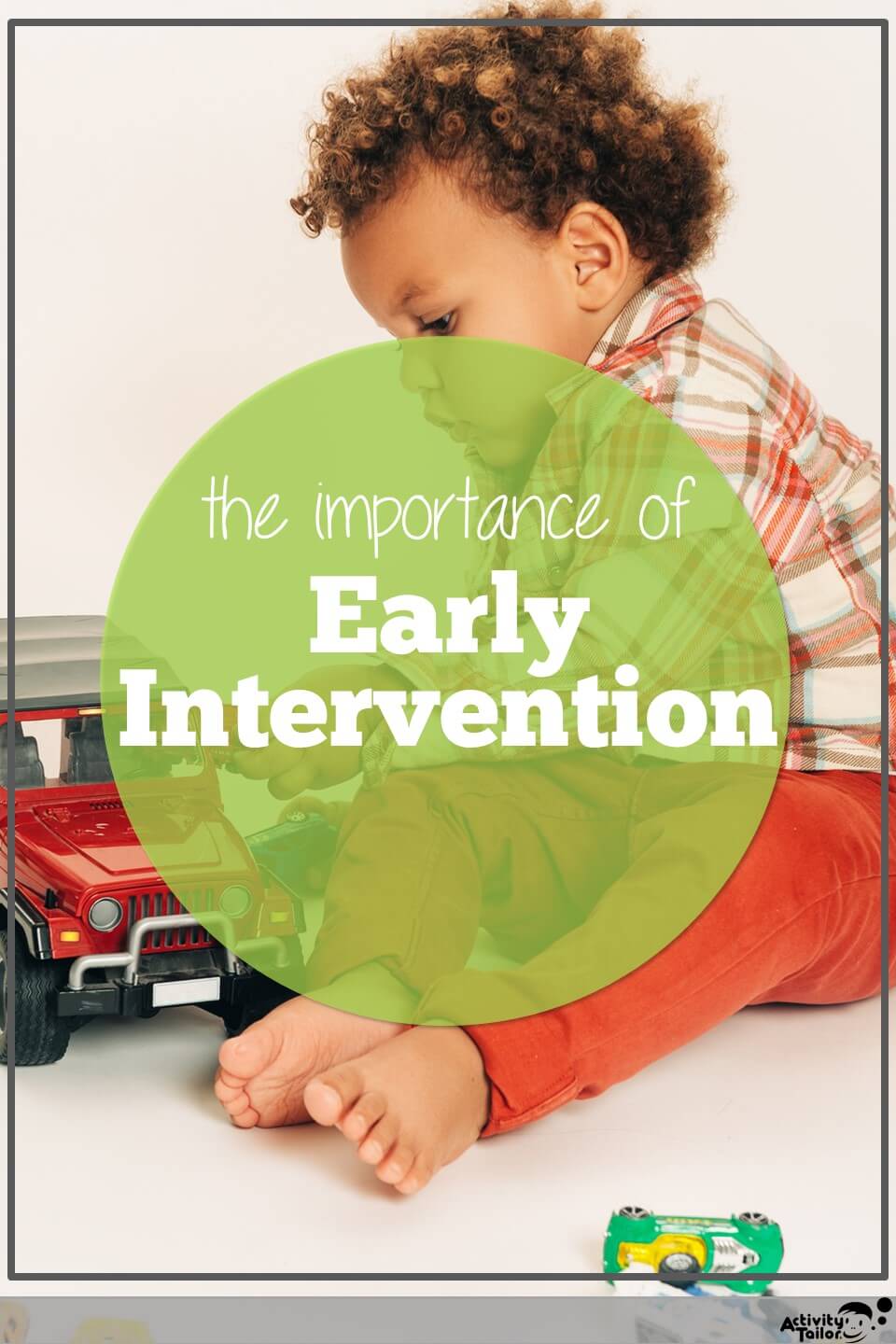As a pediatric SLP, you know one of the most frequently asked questions you receive from families is “How long will speech therapy take?”. This is a normal concern, especially for caregivers who are paying out of pocket for their child’s speech services. Keep reading to learn what exactly you can say to caregivers when they ask this question!
Talking to Caregivers about Treatment Length
Discussing treatment length is as simple as 1-2-3-4!
- Educate and Set Appropriate Expectations
- Discuss Caregiver Goals
- Highlight the Importance of Homework
- Progress Monitoring

1. Educate and Set Appropriate Expectations
First, it’s important to educate families. Be sure that caregivers understand their child’s unique speech and language needs. Discuss their child’s weaknesses and how significant these areas are.
Clearly explain assessment results, the therapy plan you’ve created, and the outcomes you hope to see their child achieve.
By spending time educating families upfront, you are setting them up to be able to have realistic expectations about how long therapy will last and the outcomes they can expect to see.
2. Discuss Caregiver Goals
It’s also important to discuss caregiver goals. Sometimes caregivers have specific goals in mind for their child, but these are not always expressed clearly to you. Openly ask parents what they hope to see their child achieve. These goals can impact the duration of treatment!
Let them know that they can communicate openly with you when they have questions and concerns.
If a family’s goals are not realistic or are too lofty, you can have this conversation with them and let them know how another goal might be more attainable. Oftentimes, parents don’t understand all that is involved in achieving long-term goals and will have a better buy-in to therapy when they clearly understand the steps of therapy.
Discuss short-term vs long-term goals. Help caregivers understand how short-term goals can still work toward their overall goals.
When communication lines are open between you and your child’s caregivers, you can feel confident that the treatment you are providing aligns well with their caregivers’ goals.
3. Highlight the Importance of Homework
Highlight the importance of homework to parents. Practice at home helps reinforce the skills a child learns during weekly therapy sessions.

Give families a clear routine they can easily follow at home to help towards quicker improvement. Encourage caregivers to actively engage in their child’s therapy process by participating in homework activities and doing so consistently.
Parents who are asking “How long will speech therapy take?” will appreciate knowing that homework can help speed up the process!
4. Progress Monitoring
Finally, be sure to discuss progress with families. This progress monitoring doesn’t have to be weekly, but be sure that you’re checking in with families on some sort of regular basis based on each child’s needs.
These conversations can happen face-to-face after therapy sessions, over monthly phone calls, or via quick email updates.
Remind parents that progress isn’t linear. Sometimes there will be setbacks after progress has been made. In these moments, reach out to parents and remind them to trust the process– and you!
More Tips for Conversations with Caregivers
Be patient and empathetic as you address questions from caregivers. Remember that many caregivers are not only concerned about their child’s well-being but also about the financial commitment that is required with speech therapy.
It’s okay (and needed!) to continuously assess and adjust the therapy plan as you work with clients. Adjusting plans to meet the ever-changing needs and goals of your clients and their families may change the duration of treatment from what you initially shared. When this happens, just be open and honest with families! They will likely appreciate your forthcomingness and can ask questions for clarity if needed.

And always, always, ALWAYS be open to feedback from caregivers! They have valuable insight about their child that you don’t see in your short weekly therapy sessions. You are the expert in speech, but caregivers are the experts on their children!
By remembering that the question of how long speech therapy will take is a very valid question, you will be able to provide more tailored speech and language treatment for each of your clients. You can be confident in your conversations with caregivers and support their children as they work towards their full communication potential!
You may also be interested in reading:
How to Support Caregivers with Research Strain
How to Support Caregivers with Guilt
A Beginner’s Guide to Understanding All Things IEP and IFSP









